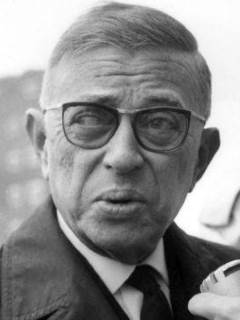
Publication details
Publisher: Springer
Place: Berlin
Year: 1989
Pages: 134-147
Series: Contributions to Phenomenology
ISBN (Hardback): 9789401069663
Full citation:
, "Foucault and historical nominalism", in: Phenomenology and beyond, Berlin, Springer, 1989


Foucault and historical nominalism
pp. 134-147
in: Harold Durfee, David T. Rodier (eds), Phenomenology and beyond, Berlin, Springer, 1989Abstract
Sartre once claimed that existentialism was "nothing else but an attempt to draw the full conclusion from a consistently atheistic position."1/ One could characterize Foucault's approach to history as an attempt to draw the full conclusions from a consistently nominalistic position. For the "archaeologies," "genealogies" and most recently "problematizations" of human discursive and nondiscursive practices that have issued from his pen over the quarter century preceding his untimely death are united by their aggressively anti-Platonic and individualist stance. Foucault has noted this proclivity on several occasions.2/ Given the privileged place of history in his writings (all of his major works are "histories" of a kind), if the nominalist position is so central to his thought, it should afford us a valuable perspective on his work overall.
Cited authors
Publication details
Publisher: Springer
Place: Berlin
Year: 1989
Pages: 134-147
Series: Contributions to Phenomenology
ISBN (Hardback): 9789401069663
Full citation:
, "Foucault and historical nominalism", in: Phenomenology and beyond, Berlin, Springer, 1989


